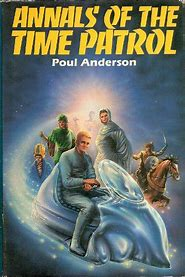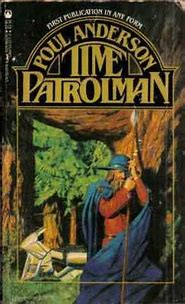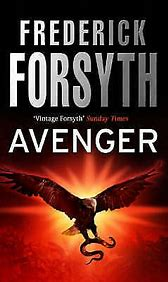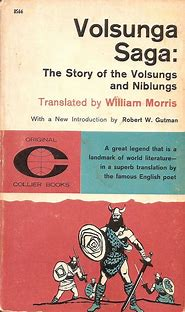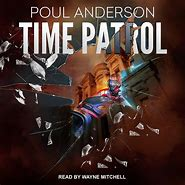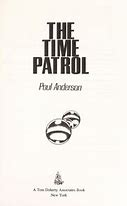After Annals Of The Time Patrol came The Year Of The Ransom which is neither a sequel nor a prequel to Annals... because it is a prequel to "Ivory, and Apes, and Peacocks" and therefore belongs between The Guardians Of Time and Time Patrolman. However, the subsequent publication of The Shield Of Time revised the order again because The Shield... is a direct sequel to "Ivory..." which should therefore be moved to the end of the omnibus collection. That collection, re-entitled The Time Patrol, was expanded by the inclusion of The Year Of The Ransom and of the new "Star of the Sea." "Star..." is placed correctly after "Ivory..." but "...Ransom" needs to be moved to before "Ivory..." Finally, the later published "Death and the Knight" is a direct sequel to The Shield... and should therefore be collected at the end of that novel, not at the end of the omnibus collection, now re-entitled Time Patrol.
As with Poul Anderson's Technic History, I am endlessly fascinated by the structure of the series.

